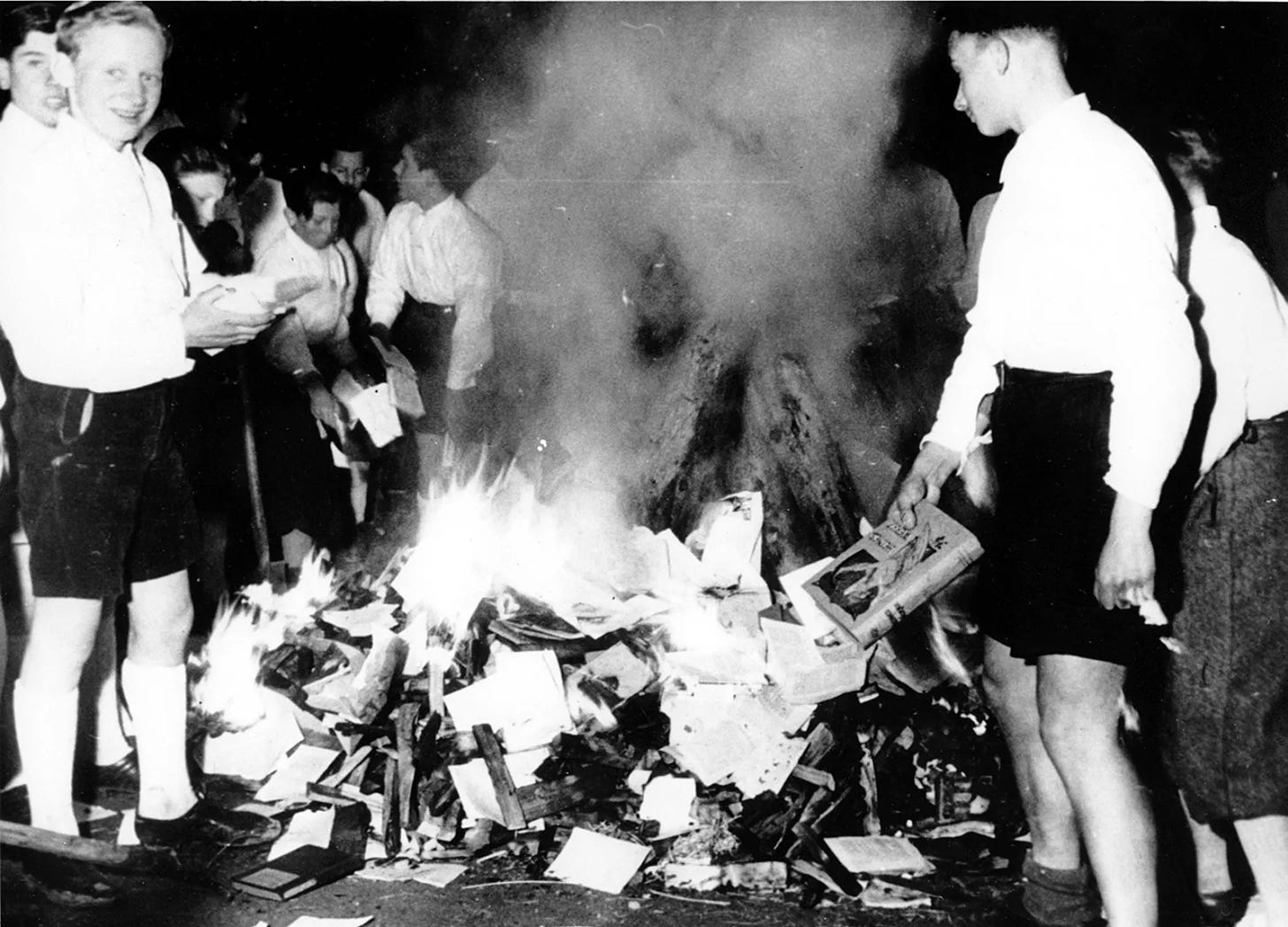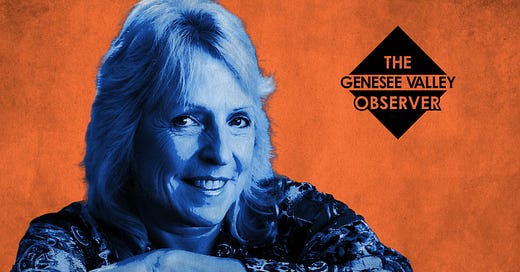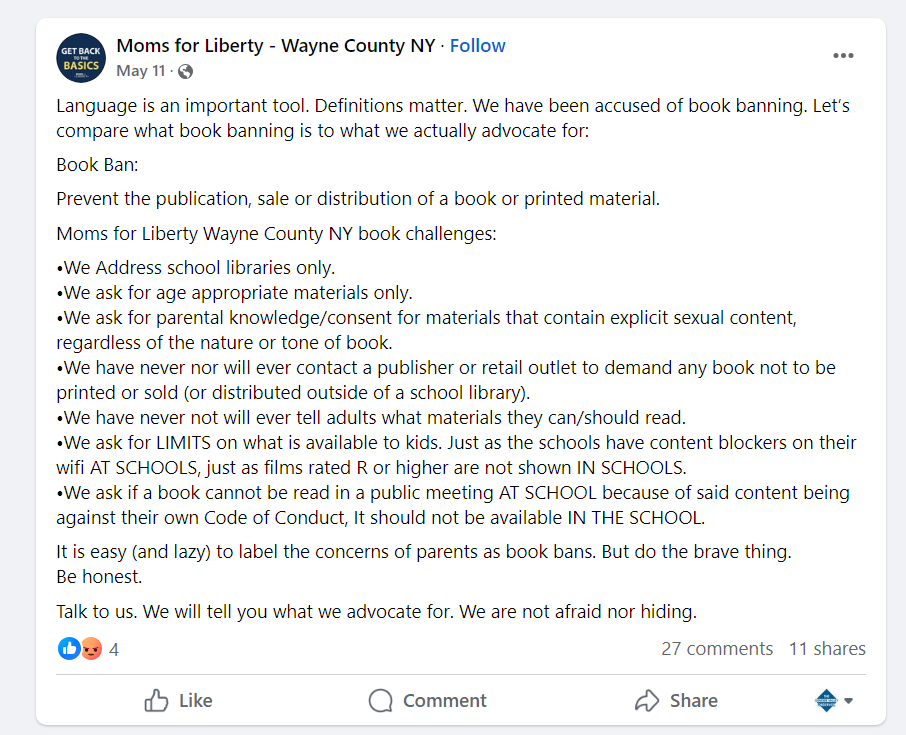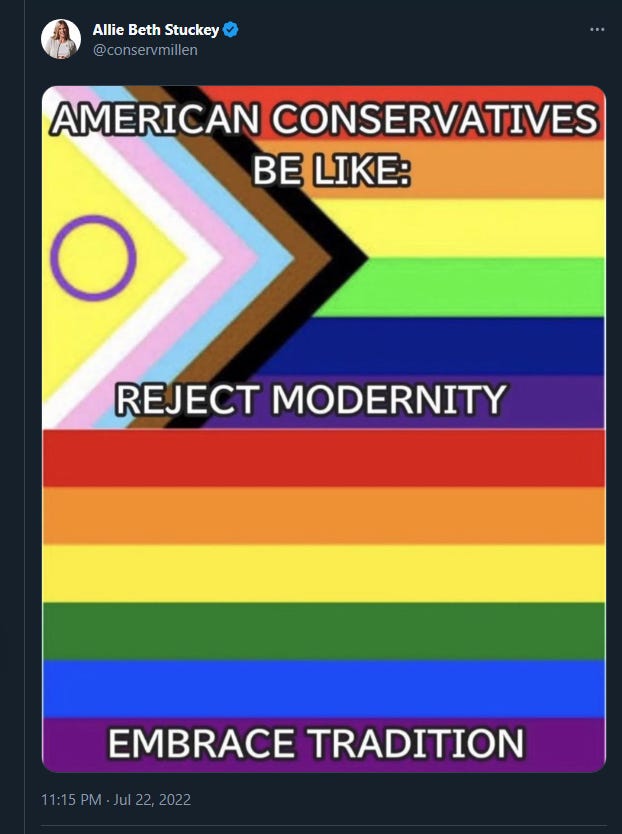GVO Exclusive: Interview With Controversial Young Adult Author Ellen Hopkins
Meanwhile the Clyde-Savannah school district wrestles with the decision to ban her explicit young adult books amid an alleged homosexual gang rape scandal
An incident of homosexual, gang-style rape allegedly occurred in a Clyde-Savannah School District locker room. In the aftermath, the community finds itself at the crossroads of a deep-seated ideological divide.
The debate once more centers around the appropriateness of exposing children to graphic or literary sexual content, which has been reignited by the abhorrent incident.
To make matters worse, the alleged rape of a student was reported to have been filmed and spread via social media, according to WCHS.
Adding complexity, the ongoing dispute within the Clyde-Savannah School District over the works of author Ellen HopWhilekins, renowned for books such as "Crank" and "Tricks," is evident. Hopkins's books for Young Adults often include graphic depictions of sex, violence, and even drug use.
Depictions of homosexuality are also rampant in her works, aimed at a juvenile audience. Additionally, her book “People Kill People” depicts pro-White individuals as violent and irrational.
The controversial nature of these books, subjected to a seesaw of decisions by the school board and NYS, reveals the government's willingness to censor content based on demand. This prompts a logical debate over which decision served local parents best: the banning or the unbanning.
Hopkins' writing has faced criticism for what some perceive as overly sexualized content directed at young readers.
Ellen Hopkins, despite being a polarizing figure, continues to push the boundaries of literature, leaving an indelible mark on contemporary literary circles marked by both acclaim and controversy.
In an attempt to shed light on the multifaceted issues at play, our reporter conducted an interview with Ellen Hopkins on 6 November 2023, delving into her perspective on the true meaning of oppression, the intersection of LGBT issues in geopolitics, and the stance of high finance on LGBT matters.
[AUDIO] The Interview
00:00 - Question: “With words like “banning” or “censorship” is it fair to say that words such as oppression come to mind?”
00:15 - Response from Hopkins
01:10 - Question: “Historically, the word oppression is understood to have been a group of individuals or an individual themselves to be censored, banned, hurt, [or] injured by a state level actor or someone with a large amount of power…it’s a regular thing to see Pride flags, BLM flags…they’re [flags] typically flown over US Embassies. If you have the support of those and large retailers. Is it fair to say that your banning and censorship is more akin to contested support rather than state-level oppression?
02:03 - Response from Hopkins
04:00 - Question: “You see all sorts of a different spectrum of people that feel like they’re almost like the ‘true’ gay pride movement…when was the last time someone didn’t at least support the ‘LGB’ as a major presidential candidate?”
04:25 - Response from Hopkins
05:07 - Question: “Sometimes changing things fairly quickly can lead to a little bit of trouble, ethics aside…there is rarely a speech where Putin of the Russian Federation does not cite an opposition to LGBT ideology, gender ideology or anything like that. it seems he’s willing to back it up with nuclear weapons moving things in that direction, Are we playing a zero-sum game here with how fast we want things to progress?”
06:08 - Response from Hopkins
06:33 - Question: “You don’t feel like your side is driving the conversation too fast? If anything is it too slow, or just right?”
06:42 - Response from Hopkins
06:58 - Question: “Do you think your side has any room to extend an olive branch at all?”
07:23 - Response from Hopkins
07:35 - Question: “Just to be clear, you feel they have equivalent or greater state-level support than you. Organizations like Moms for Liberty or anything like that…or do you feel the financial edge is on your side?”
07:48 - Response from Hopkins
**end of interview
‘Book ban’ advocates
New York State has become a battleground for the ongoing debate over book bans and LGBT ideology. The landmark 1982 Supreme Court case involving Island Trees School District on Long Island raised questions about book removal, as students directly challenged the school board. The New York Civil Liberties Union ultimately supported students, emphasizing the library as a space for "voluntary inquiry" and championing "free speech." A maximalist reading of the Roth test standards for obscenity was applied, arguing that a schoolbook could never be irredeemable, provided any amount of “educational value” can be extracted.
In 2022, a Hudson Valley area school district came under fire for banning the book “Gender Queer: A Memoir,” a pro-LGBT book that had never been checked out of the school library. Nevertheless, the removal of the pro-LGBT propaganda was a victory for the pro-decency organization, Moms for Liberty (M4L), and ended up being permanent (so far) as well.
The decision would be a noted rarity in modern-era New York State, a place that has recently been ranked as one of the least free places in America.
Fast-forward to 2023, and book bans are back in the spotlight. Groups like M4L have once again emerged, aiming to restrict access to objectionable books in school libraries. Despite rejecting the label of "book banners," these groups, particularly M4L Wayne County, have drawn the ire of critics such as Hopkins' for doing the very same.

M4L, a nationwide organization, reported substantial revenue of approximately $2.1 million in 2022, with a significant 75% coming from just two unnamed donors.
M4L national takes a murky position on organized labor, often criticizing leadership with terms like "the union" or the insult "K-12 Cartel."
Calling labor unions “cartels” is favored by many right-wing think tanks, including a significant M4L donor (details below).
Additionally, M4L questions whether teachers believe in the LGBT agenda and their loyalty to the union's leadership while still attacking the organization using all-encompassing terms. [see video below]
Admittedly, union members often lead the charge in attempting to shut down various M4L events and advocacy.
Critics, including Ellen Hopkins, link M4L's murky stance on organized labor to its financial backing, with ties to conservative organizations like the Heritage Foundation.
While M4L's financial support has drawn Hopkins' scrutiny, it's essential to note the broader context in which M4L's $2.1 million revenue stream exists. For instance, Goldman Sachs, a Jewish investment firm, holds a significant stake of over $100 million in Anheuser-Busch, a company associated with pro-LGBT causes via Bud Light, despite widely expected profit losses.
Additionally, M4L's Wayne County chapter reported generating less than $50,000 in receipts for the 2021 and 2022 tax years according to their NYS provided, Form 990 data.
Several M4L chapters have run somewhat astray of American-State ideology. Typically, these offenses amount to keeping ‘bad company’ such as the Proud Boys. This gives the corporate media the occasional difficult task of regaining narrative control in local municipalities.
Rhetorical Issues
Setting moral frameworks aside, organizations like M4L and even local, single-chapter groups have a serious problem with rhetorical honesty that will likely grind their activism to a halt, if it has not already.
Similar to the arguments surrounding the distinction between a partial book ban and a full book ban, M4L, the Pittsford Informed Parents Alliance (PIPA), or the wholly Jewish organization, Fairport Educational Alliance (FEA) seem unwilling to move from an untenable middle ground: supporting the LGBT less the “T” (transgender) while also opposing homosexual propaganda for children.
For better or worse M4L, PIPA, and FEA have taken it upon themselves to convince the LGBT movement and the public that it [LGBT] is not what it markets itself as: a pro-sexual abuse ideology for all ages.
Hopkins acknowledges this about M4L specifically in our interview above when asked about pro-LGB (less the “T”) activism such as is found in the Republican party. Though Hopkins seems slightly keener than her conservative counterparts at large, she ascribes the incoherency to bad faith “lip service.”
These conservative groups also bear the additional heavy burden of convincing an increasingly present and energized nationalist right that their moderation is appropriate.
The very same nationalist right also seems to harbor a propensity for mocking pro-homosexual conservatism. (below)







Good interview. Left wing people know that even small actions are political and can lead to larger outcomes. Right winger should embrace that mindset.